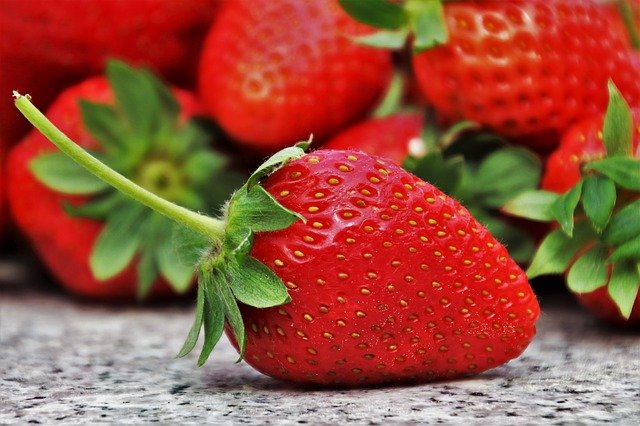Ketogenic Diets & Their Therapeutic Breast Cancer Potential | CMAR – Dove Medical Press
Background
Breast cancer is a malignant tumor that begins in the cells of the breast and spreads to other parts of the body.1 It continues as a significant cause of morbidity and mortality in women. According to the American Cancer Society, the number of new cases and deaths from breast cancer in United States women in 2019 is estimated to be 268,600 and 41,760, respectively.2 Indeed, 30% of all female cancers will be caused by breast cancer alone. Although the incidence of breast cancer in black women is lower than in white women, the death rate in black women is 41% higher than in white women, possibly due to diet and lifestyle.3 Given the variability of lifestyle factors, epigenetic regulation, and genetic mutations, it is clear that a heterogeneous population is represented by individuals with breast cancer. Increased adiposity, estrogen or hormonal axis shift, and epigenetic signals significantly modulate the risk of breast cancer, all of which are in turn driven or substantially modified by dietary factors.4 Currently most nutritional cancer work has concentrated on low-fat eating patterns or studying single anti-carcinogenic foods/nutrients, but the empirical or experimental evidence supporting these cancer management approaches is highly inconsistent. When carbohydrate and protein intake provide less than 20% of total energy expenditure (ie, a ketogenic diet (KD)), insulin levels and glucose availability are reduced, and hepatic ketone production is accelerated, resulting in a state of nutritional ketosis.5
In a cancer cell, the rate of glucose uptake dramatically increases, and lactate is produced, even in the presence of oxygen and fully functioning mitochondria. This process is known as the Warburg Effect.6 Increased glycolysis and decreased tricarboxylic acid (TCA) cycle and oxidative phosphorylation (OXPHOS) activity are seen very early in tumorigenesis and form one of the hallmarks of cancer.7 In line with the Warburg effect, it has been shown that breast cancer possesses high levels of glycolytic activity.8
Several studies have tested supplements and dietary elements as preventive agents for cancer. However, limited studies have concentrated on the use of diet as adjuvant therapy for cancer. The ketogenic diet is one of those adjuvant therapies. This diet includes high levels of fat, very low carbohydrates, and moderate levels of protein.9 This composition shifts the body’s metabolism toward the burning of fat rather than carbohydrates. Fatty acids are oxidized into ketone bodies (β-hydroxybutyrate (BHB), acetoacetate, and acetone) in the liver after ingestion of a ketogenic diet, which are then transported through the circulation to various tissues in the body where they are converted to acetyl-CoA. The net result of consuming KD is a modest reduction in blood glucose, high levels …….
